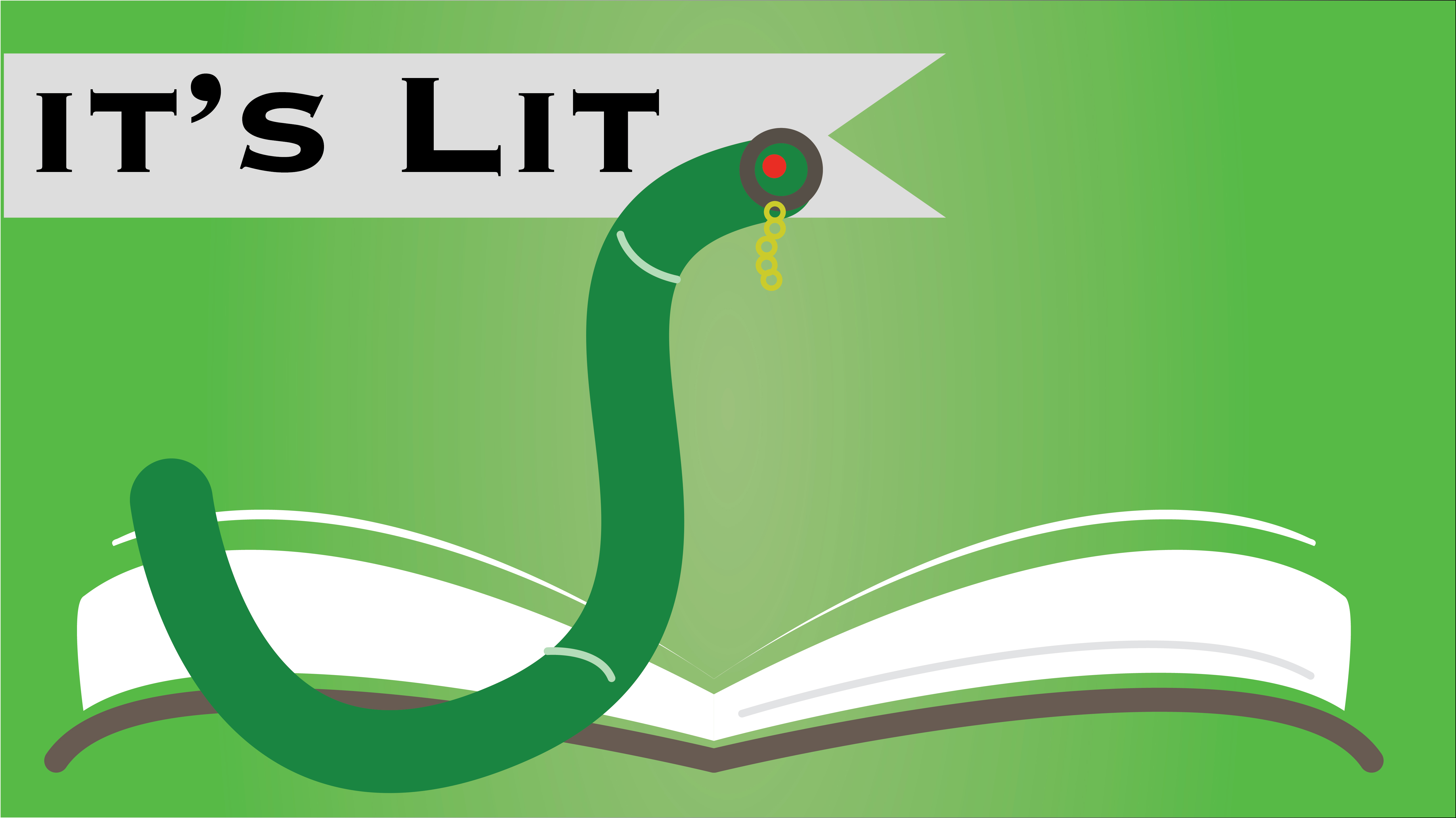
Loki-ing for good myths? Try “Norse Mythology”
By: McKenna Graham, Assistant Arts & Life Editor
Title: Norse Mythology
Author: Neil Gaiman
Genre: Mythology, Fantasy
Rating: Five Stars
Warnings: Suicide, homicide
The Marvel Cinematic Universe apparently knows almost nothing about Norse mythology, because otherwise it would be good.
I pick on Marvel’s film productions because they are, for better or worse, the biggest influence on the mainstream population’s perceptions of Norse gods. From Marvel Studios we learn that Thor is tall, blond, muscular and noble, and Loki is just an asshole – this is what we remember from the Avengers, because Thor’s movies are, to be honest, kind of unmemorable. For me, at least.
I grew up on Greek mythology, though, and have been waiting for a reputable but easy-to-follow, D’Aulaire’s-style compilation of Norse myths for a while. Marvel got me interested in the topic, but I know better than to trust its superhero and supervillain origin stories.
Neil Gaiman’s “Norse Mythology” is the answer – the myths are clear, concise, and as carefully researched as it seems you can go with what were originally mostly oratory tales. Gaiman’s introduction credits Marvel for sparking his interest, but explains how further research really flushed out the characters for him.
Thor is noble, yes, but also a bit dim-witted. Loki is chaotic and mischievous but not evil. Odin is wise and strong but also cunning and ruthless. We’re introduced to a whole host of important gods, goddesses and other important things.
Gaiman provides for his reader the Norse creation myth, an introduction to the most important characters, the story of Thor’s weapon Mjolnir’s creation, and the story of Thor’s adventure dressing as a woman, but he also tells of what is to come – Ragnarok, the Norse prediction of the end of the world as we know it.
The book is well-written and funny, and I’ll admit that at the beginning I took notes to avoid confusion. The names are, of course, Norse, and thus maybe a bit less familiar to some readers, but a lot of it was for my own interest, too. Each myth focused on a different facet of the gods’ immortal lives, and even explains how they remain immortal.
For anyone curious about or interested in religion, mythology, or any system of beliefs, this book is absolutely for you. Gaiman’s writing is clear and simple. He doesn’t try to emphasize certain things with flowery imagery or extensive metaphors – it’s the epitome of “tell-it-like-it-is.”
The plot is less linear and it’s a bit hard to determine any sort of timeline, but because it’s a book of mythology, it’s understandable, and it doesn’t really matter, anyway. The most important things – the beginning of the world, and the end – are clearly distinguished.
The myths themselves were quick reads and it was easy to pick up the book and get through just one in a sitting, although their length and concision make it easy to read the book all at once, as well. This book was my first experience with Norse mythology, and I loved it. I trust its accuracy and I loved its writing, and it does exactly what it was meant to do: it makes me want to read more.

